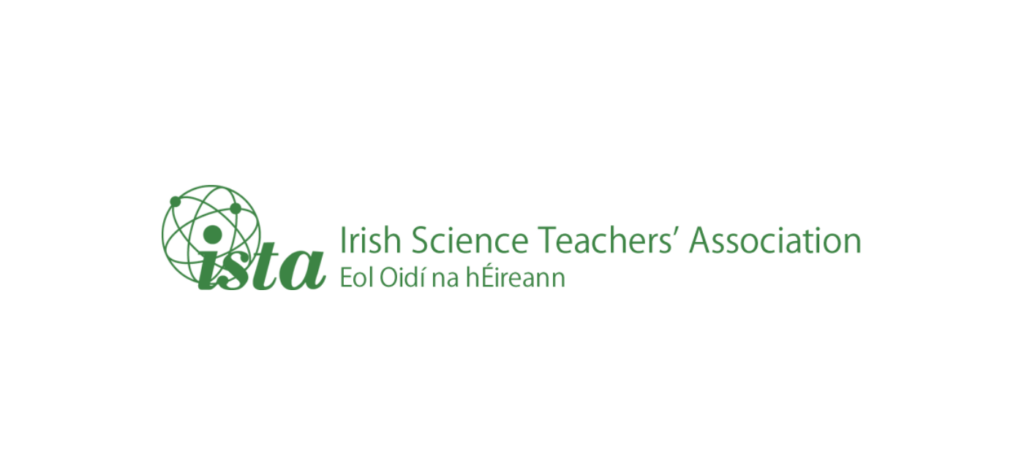Citizen Science

National Cat Survey – the results are in! The Irish Times linked up with Dr Aoife McLysaght from Trinity College to do a citizen science survey on cats.

National Cat Survey – the results are in! The Irish Times linked up with Dr Aoife McLysaght from Trinity College to do a citizen science survey on cats.
The Irish Times has linked up with Trinity College to do a citizen science survey on cats. Dr Aoife McLysaght spoke to Ryan Tubridy on RTE 2FM Wednesday 21st to explain the project!
A new phase of the exhibition Discover your National Library has opened at the NLI this February called Particles of the Past. To celebrate Dublin City of Science 2012, the exhibition will showcase a fascinating selection of science-related gems from the National Library’s collections.
In conjunction with this exhibition and the Dublin City of Science public event programme, the National Library of Ireland will host a series of free public lectures. All are welcome and no booking is required.
Wednesday 21 March at 7pm
‘Science for everyman (and woman): the Royal College of Science for Ireland and its students, 1867-1926’.
Dr Clara Cullen, UCD
All welcome. Booking not required.
Wednesday 28 March
"Robert Boyle: Step-father to modern evidence based medicine"
Jim Malone, Professor (Emeritus) of Medical Physics, TCD; Director of the Robert Boyle Foundation
All welcome. Booking not required.
In March, evening meetings will take place in every Education Centre in the country. Each of these meetings will consist of a workshop to explore the use of NEW resources produced by a team of experienced teachers.
These resources include:
(i) Updated PowerPoint presentations with embedded Numeracy and Literacy suggestions, (ii) Past LC Exams and Solutions, (iii) DARTS in various topics, (iv) Flash Animations, (v) Images, (vi) Video clips for each of the sections in the Chemistry syllabus, (vii) BBC programs: History of the Atom (3 episodes) and History of Periodic Table (3 episodes), (viii) Transition Year material, (ix) Practical Videos,(x) Flash cards for Mobile phones,(xi) Sample lesson Plans. These workshops are organised in partnership with the Education Centres and with the local branches of the ISTA.
Participants will investigate how these resources could be used to stimulate and support the enhancement of Literacy and Numeracy in Chemistry.
There will also be instructions on how to download a wealth of Chemistry resources from the Chemistry website and the software required to do this will be available. Teachers will get the opportunity to log on to and explore the iChemistry website.
You need to have an active subscription and should be currently logged in to the site to access this content. If you already have an account, please…
Access Science: calling all citizen scientists. Contact us at science@irishtimes.com or on Twitter @dickahlstrom with your scientific input, observations and questions you would like answered.
Would you like to control a robotic telescope sitting on a rooftop in California? Would you like to help track an invasive shrew as it spreads across the countryside? Or would you like to be involved in studies tracking how climate change is altering our seasons?
Access Science, in which non-scientists and amateur scientists are asked to take over, where the discoveries you make and the information you record contribute in a real way to the advancement of knowledge. The arrival of Twitter, Facebook and other social medias has supported the growing involvement of real people in real scientific studies.
Citizen Science will encourage people to get involved and will announce new opportunities to participate. It will deliver results from crowd-sourced studies and will include your views and opinions.
And your views will sustain the network and provide fresh ideas that will open up science for young and old. And if you have a burning science question, our panel of experts will try to answer it for you.
Citizen Science will appear on the second and fourth Thursdays of every month and will give you the opportunity to contribute to science coverage in The Irish Times.
Contact us by email at science@irishtimes.com or by Twitter @dickahlstrom
